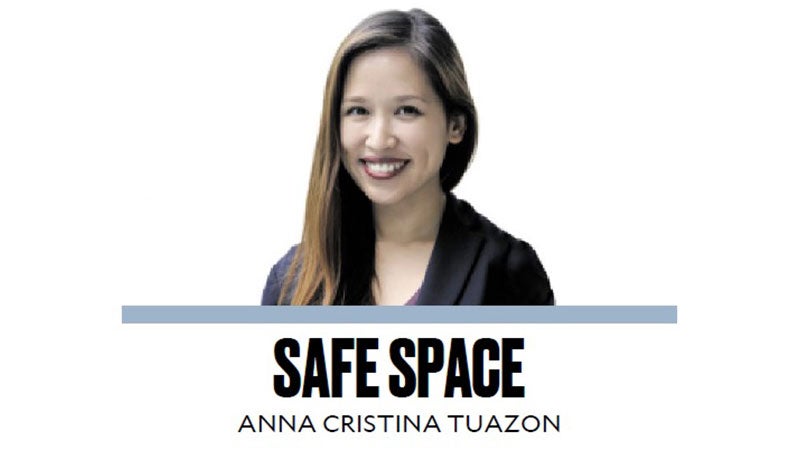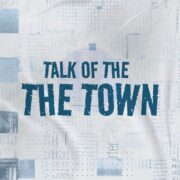Parents need to catch up

As a parent, have you ever been puzzled as to why our children seem to be having a harder time despite them having an “easier” childhood than we did? If you find yourself comparing your experience to theirs, and assuming that kids of today have it easy, I think this is where our problem lies. We see, of course, the increasing conveniences of life, especially as these are facilitated by the internet and other technological advances. We still remember how we had to handwrite our essays (or use a typewriter, having to white-out any typos), go to the library and use the Dewey Decimal System to find our books, and send snail mail to our pen pals and wait for months before a reply is sent back. We see how interactions, experiences, and knowledge become accessible for our children and think that these must make their lives easier. Yes and no.
Fast and vast knowledge is a double-edged sword. Yes, there are material conveniences. What used to take hours for us now only takes minutes for them. But this does not mean they have more time than we have, in the same way that the rise of computers didn’t make our work hours any less. They also have much more to learn at school than we ever had to. Scientific knowledge, for example, looks very different—and is much more complicated—now than when I was in school. Back then, I only had to learn about the nine planets (including the former planet Pluto, rest in peace). Now, physics has concepts like string theory, wormholes, and multiverses. Math operations are also taught differently. What we know about genetics and neuroplasticity of the brain has been vastly updated that I’m afraid my college knowledge is nearing obsolescence. When I ask my high school clients about their homework, they’re designing detailed business proposals, taking up tech design class, and doing case studies I’ve only ever encountered in university.
Unprecedented access also means that they may be exposed to social situations and challenges they are not developmentally ready for. Take, for example, access to friends. With their phones, they can potentially have access to their friends 24/7. Our social interaction is naturally limited by the constraints of the environment; back then, we accepted that peer interactions generally stopped when we were home. Online access, however, removes natural limits (except for blackouts and no charging available). This is what makes setting limits on phone usage very difficult with kids, because now the only thing hindering their contact with their friends is you, the parent.
More social access also means more social conflict.
Bullying and other forms of social torment, like being isolated, teased, and humiliated, now follow you wherever you go. Whereas before, you could feel safe that your bullies don’t go home with you, or that your father would yell at your bully if they ever tried to call your landline, now they can bypass guardians and torment at all hours of the day. These challenges are relatively new. Children can now face global humiliation that is hard to recover from. They are not developmentally set up for that. And we, as parents, don’t have familiarity with such a social world to guide them through the complexity of modern-day friendships.
Our traditional notion of parenting rests on the assumption that we, as parents, know more and therefore know better. That is why we see mentorship style of parenting, where we see our parenting role as teachers and guides for our children. We correct when we see mistakes. We point them toward the right direction. We decide which behaviors are appropriate and we decide what consequences to dole out. If parents certainly have more knowledge and skills than their children, mentorship seems like a good fit.
However, we need to acknowledge that children may be learning much more about the world than us. By virtue of updated knowledge at school and their natural fluency in technology, we find ourselves as parents having to play catch-up. If we don’t take the time to be interested in and update ourselves on the worlds they are living in—Roblox, Discord, Snapchat, TikTok—how could we give them good guidance on how to navigate their interactions with others? How can we help them process their emotions when we ourselves are not familiar with the complex emotions these situations provoke?
Parenting is a humbling experience. Let us start by acknowledging that our children live in a very different world from us, one that comes with a unique set of challenges. We must recognize that our own personal experience might not be enough to guide them. It is okay to admit that we are in unfamiliar territory; this is more the case now than ever before. Starting with this stance instead of “we know what’s best” will lead us to step up, do our homework, and ask for help. This is what makes us parents who do our best.
—————
aatuazon@up.edu.ph





















